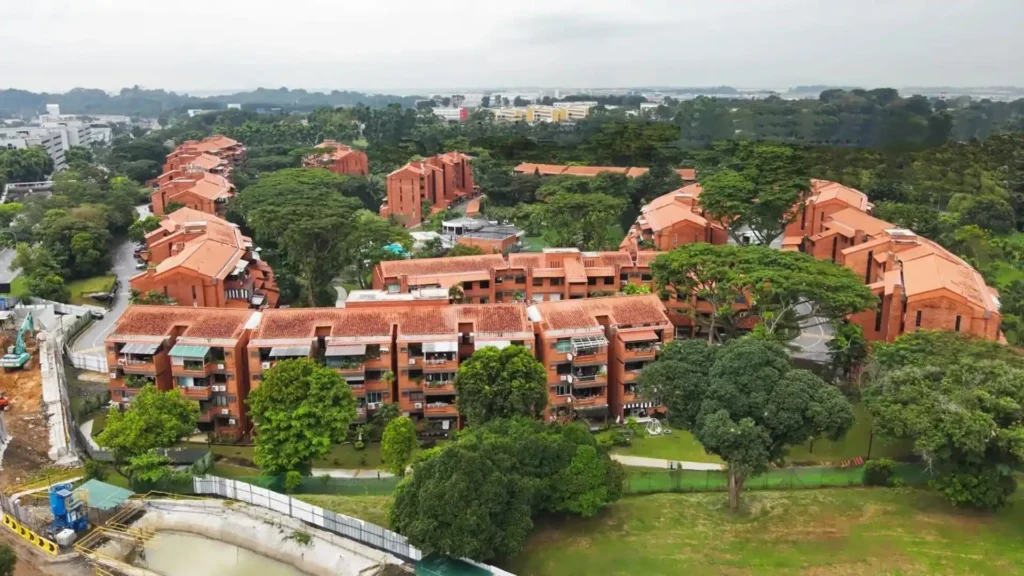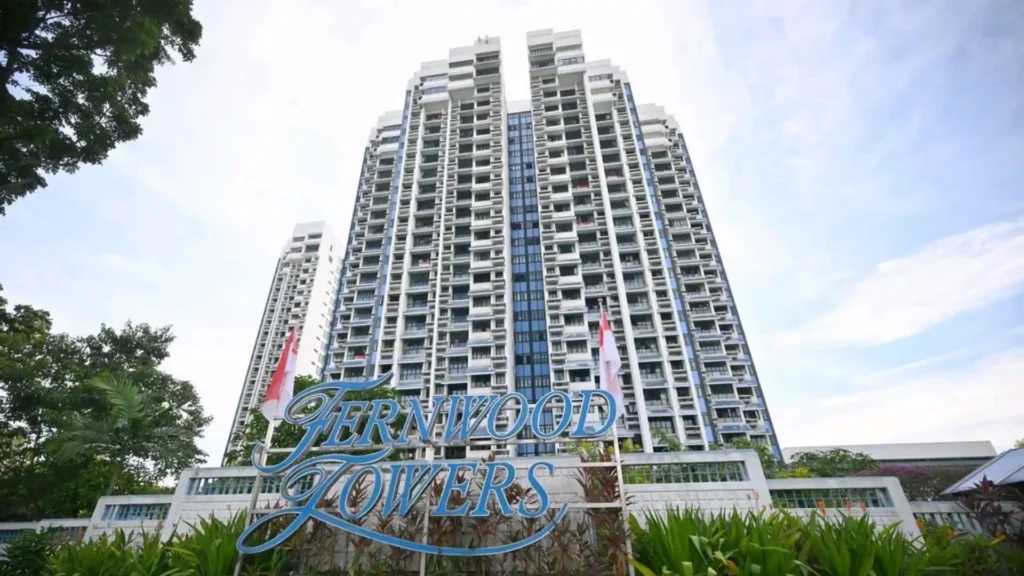Today, there are an estimated 2,703 condo developments in Singapore, of which 836 or 31 per cent are at least 30 years old. By 2035, this number will climb to 1,160, assuming none of the developments will be sold en bloc.
If you are staying in an older condominium, you may be heartened to see that the ‘hot’ new launch market is also paving the way to price appreciation for resale condos, though it may be at a slower pace.
If you are looking to purchase a condo, but not sure if you should buy an older, resale condo, you are likely making a choice between a newer, smaller and pricier unit versus an older, more spacious and less pricier one.
2025 has seen more older condos sold as compared to the previous years. And this is an indication that more existing condo homeowners are looking to cash out while more buyers are looking towards ‘value-buys’.
More Older Condos Sold in 2025
Despite the maintenance challenges plaguing aging developments, Singapore’s older condominium market has experienced some growth in 2025. There are at least 215 older condos at least 40 years old selling from January to July at a median price of $1,115 per square foot.
This represents substantial momentum from 2024’s tripled resale volume of 323 units, compared to just 101 units in 2018, though the resale volume numbers are still insignificant.
It’s a sign that existing private homeowners recognise the value proposition of cashing out. The median resale price for condos 40 years and older has surged from $914 per square foot in 2018 to $1,109 in 2024.
On the buyers’ side, more resale transactions at higher prices also reflect a calculated pursuit of larger, more affordable living spaces, which is the current general situation in today’s competitive property landscape.

Why Are There More Transactions for Older Condos Recently?
- Mature estates – Location, location, location. Older condominiums are usually in more strategic areas (think OCR areas) and they enjoy close proximity to amenities, shops and transportation nodes like MRT stations and bus interchanges. Newer condos, on the other hand, are generally further away as the government releases new land for bidding.
- Speculation over en bloc – Some buyers think that there is a chance that they will strike gold if they buy an older condo. But this does not always prove to be true. Just on 09 Sep 2025, Loyang Valley’s third collective sale attempt closed without any actual bids, only expressions of interest. Lakeview Estate (TOP-ed in 1977), is making a fifth attempt at a sale en bloc in eight years. There is a certain worry for older condos that what if the en bloc does not happen? Will I see my condo’s value wither down to zero eventually?
- More value for money for larger spaces – condos that are a few decades old are larger, more spacious and have more common spaces. For the same amount of price that you pay for a 3-room resale condo, you can only get a 1 or 2-room new launch unit in today’s market.
- Profitable transaction records – larger condos tend to have higher transaction volume. Transactions that are profitable for the seller will set a benchmark for existing homeowners who may sell in the future. More often than not, they also want to make a profit and may jump into the bandwagon. Buyers, on the other hand, see this condo development as a profitable purchase and don’t mind paying more in the hope of profiting themselves in the future as well.

Potential Challenges Facing Old Condo Buyers
While older condominiums offer compelling buying opportunities, there are potential key challenges that you may encounter. They include:
- Aging home interiors that may bring about maintenance challenges and costs, such as persistent leaks, choked pipes and mouldy ceiling.
- Older condominium layouts may be less sensitive in terms of maximising efficiency in layouts. This means excessive corridors and hallways that minimize actual living space despite impressive square footage on paper.
- Costly renovation requirements that can take up a significant part of your initial budget projections.
- As a condo ages, its amenities will require repair, refurbishment or replacing altogether. This means that its Management Corporation Strata Title (MCST) may have to dip into its sinking fund, increase maintenance fees, or get the consensus of its residents to contribute a one-off sum to the repair works. Fernwood Towers (TOP-ed in 1994), for example, experienced lift breakdowns back in 2024 and the MCST had multiple unsuccessful attempts to get owners’ support to raise funds to replace the lifts. Eventually, they managed to raise a special levy for a full lift replacement.
You must assess these factors strategically, understanding that older properties demand higher maintenance fees and special levies while potentially lacking modern conveniences that today’s market expects. It will take a collective effort from the residents to agree to repair and replace deteriorating infrastructure.
Should I Buy An Older Condo Now?
Understanding these challenges naturally leads to the fundamental question every investor faces when evaluating the market. Should you buy an older condo? The answer depends on your buying objective or investment strategy.
Older leasehold condos offer compelling investment potential despite their age-related concerns. They generally command lower quantum as compared to freehold or new launch alternatives, creating immediate affordability advantages.
Rental yields are also generally higher and more palatable at 3-4%, compared to 2-3% for newer developments. High tenant demand drives these returns, particularly in central locations where older condos offer competitive rental rates.
Properties like People’s Park Complex can consistently deliver annualized returns up to 6.6%.
Banking on resale capital gains is more unpredictable, however, as the lease remaining continues to decay. It’s really more for long term own stay, or for immediate rental returns that older condos are worth considering.
There may be en-bloc opportunities, but we should not put all our hopes on it, while managing maintenance costs and aging facilities collectively as a development.
